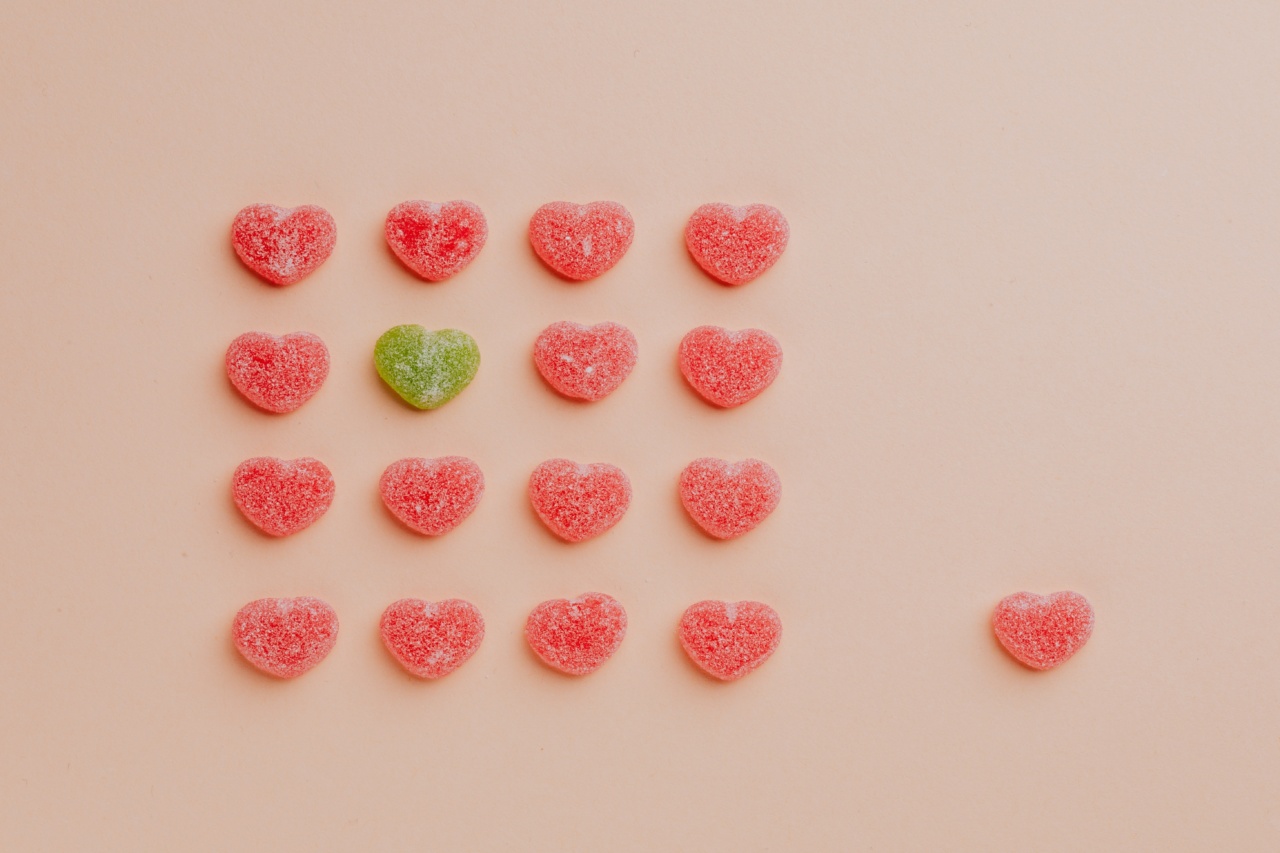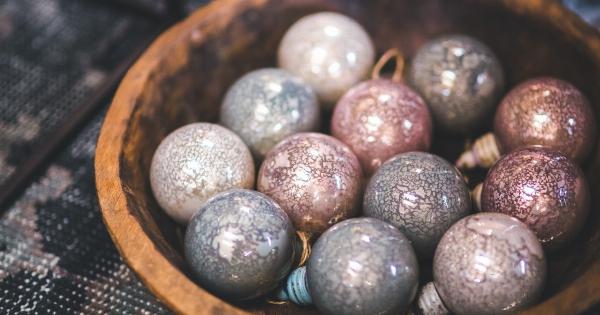As the holiday season approaches, many people get excited about the festivities, the gift-giving, and the joyful atmosphere. However, for others, this time of year can be incredibly stressful and emotionally taxing.
In fact, studies have shown that the holidays can have a negative impact on your heart, both physically and emotionally. Here are just a few reasons why the holidays can be so hard on your heart.
Increased Stress Levels
One of the most significant reasons that the holidays can be harmful to your heart is because of the increased stress levels that come with this time of year. There are a lot of different reasons why people feel more stressed during the holiday season.
Some people are worried about holiday shopping, others are concerned about hosting family gatherings, and others feel overwhelmed by the constant social obligations that come with the season.
Unfortunately, all of this extra stress can take a toll on your heart. Studies have shown that chronic stress can lead to a range of health problems, including high blood pressure, heart attacks, and even sudden cardiac arrest.
If you’re feeling stressed about the holidays, it’s important to take steps to mitigate that stress as much as possible. This might mean delegating some tasks to others, setting aside time for relaxation, or even seeking professional help if you’re feeling particularly overwhelmed.
Overindulging in Food and Drinks
Another common risk factor during the holiday season is overindulging in food and drinks. For many people, the holidays are a time to indulge in special treats and festive meals, often accompanied by alcoholic beverages.
While it’s great to enjoy yourself, it’s important to remember that these indulgences can have a negative impact on your heart health. Eating too much salt, saturated fat, and sugar can increase your risk of high blood pressure, stroke, and heart disease. Similarly, drinking too much alcohol can damage your blood vessels, increase your heart rate, and raise your blood pressure.
If you’re concerned about the impact of holiday meals and drinks, there are a few things you can do to protect your heart. First, try to eat a balanced diet as much as possible, even during the holidays.
When consuming high-sodium or high-fat foods, balance them out with fruits, vegetables, and lean proteins. You can also try portion control to ensure that you don’t overeat. When it comes to drinking, try to stick to lower-alcohol beverages, and remember to stay hydrated by drinking plenty of water.
Lack of Exercise
During the holiday season, many people let their regular exercise routines fall by the wayside. With all of the extra shopping, cooking, and socializing, it can be challenging to find the time to stay active.
Unfortunately, this lack of exercise can also be harmful to your heart health.
Regular exercise is critical for keeping your heart strong and healthy. It helps to lower your blood pressure, reduce inflammation in the body, and improve your cholesterol levels.
If you’re struggling to fit exercise into your holiday schedule, try to find creative ways to stay active. Go for a walk after a big meal, dance around the living room during holiday parties, or make a point to take the stairs instead of the elevator when you’re out shopping.
Lack of Sleep
Finally, the holiday season can wreak havoc on your sleep schedule. With so much going on, it’s easy to fall into a pattern of staying up too late and waking up too early, or just generally not getting enough restful sleep.
Unfortunately, this lack of sleep can also have a negative impact on your heart health.
Studies have shown that poor sleep can increase your risk of heart disease, stroke, and heart attack. It can also lead to higher blood pressure, inflammation, and an increased risk of obesity.
If you’re struggling to get enough sleep during the holidays, there are a few things you can do to improve your sleep habits. Try to stick to a regular sleep schedule as much as possible, avoid caffeine and alcohol in the evenings, and practice relaxation techniques like meditation or deep breathing before bed.
Conclusion
The holiday season can be a wonderful time of year, filled with joy and celebration. However, it’s essential to remember that this time of year can also be incredibly stressful and emotionally taxing.
By taking steps to protect your heart health, such as managing your stress levels, watching what you eat and drink, staying active, and prioritizing good sleep habits, you can ensure that you’re taking care of yourself during this busy and sometimes overwhelming season.































